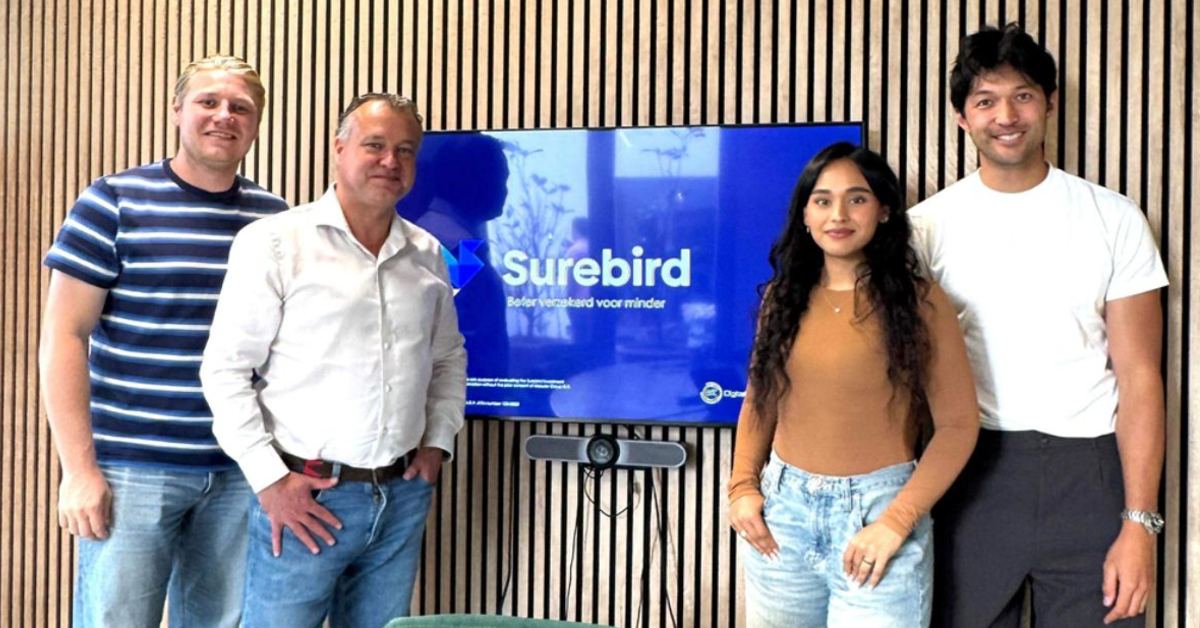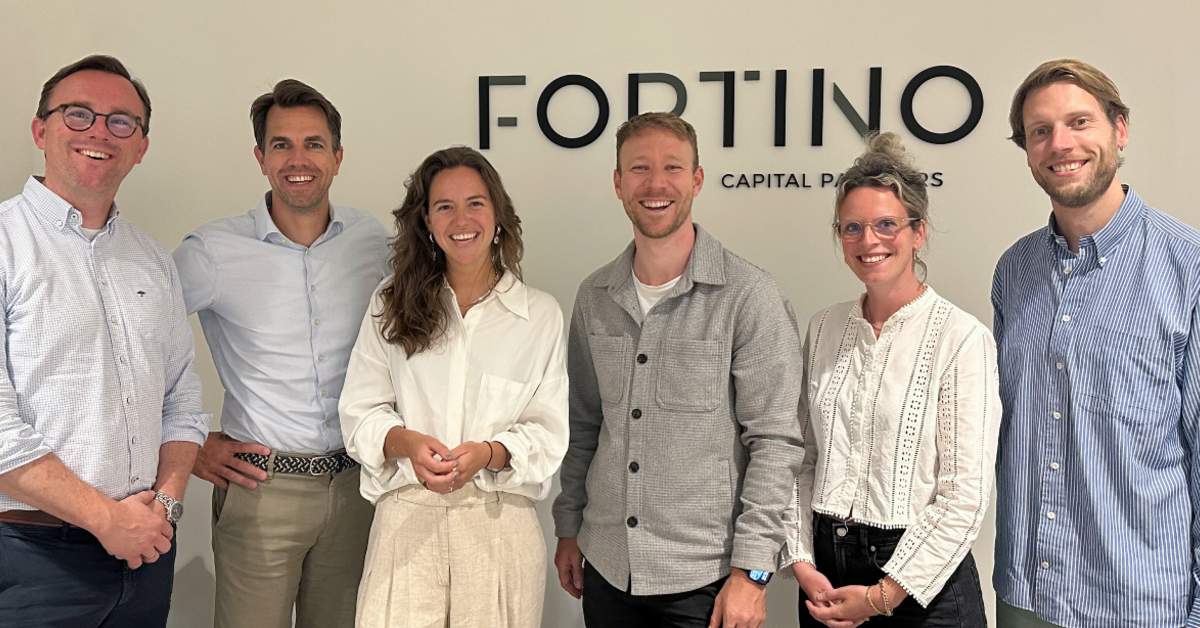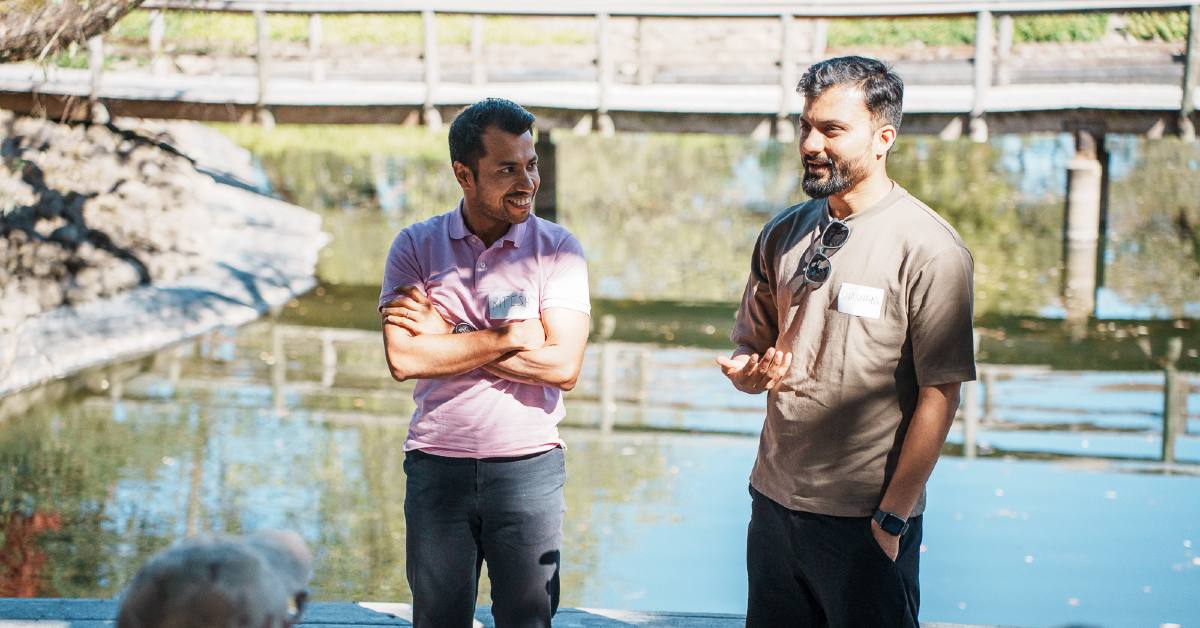Sanguis.ai, an Amsterdam-based medtech startup, announced that it has secured €19.2K in the MIT feasibility phase 1 funding. The startup will use the funds to test its first prototype – a clip-on device similar to a pulse oximeter, for non-invasive haemoglobin-level measurement using photoplethysmography (PPG) and Artificial Intelligence (AI). According to the company, this funding round was made possible by Provincie Noord-Holland (the province of Noord-Holland)
Besides building the device, the funds will be also used to calibrate it, and testing to obtain accurate Hb values.
“We’re excited to have received this grant to help continue our important work. Anaemia – a lack of the protein haemoglobin in red blood cells – is a major disease burden, affecting up to 1 in 3 people worldwide. It is extremely prevalent in vulnerable groups, including children and pregnant women, and it is under-diagnosed,” says co-founder and CEO Andrew Harrison
What is Anaemia?
According to the World Health Organisation, Anaemia is a severe global public health problem affecting young children and pregnant women WHO estimate that 42 per cent of children under five years of age and 40 per cent of pregnant women worldwide are anaemic.
Anaemia is a condition that occurs when there is a lack of red blood cells in the body. It can lead to feelings of exhaustion and weakness, as well as other symptoms such as pale skin, shortness of breath, and dizziness. If left untreated, anaemia can be dangerous.
According to various experts, the most common causes of anaemia include nutritional deficiencies such as iron, folate, vitamins B12, and A.
Sanguis.ai: What you need to know
Diagnosing anemia requires drawing blood, which is invasive, costly, and requires specialised staff and equipment. The Dutch startup – Sanguis.ai aims to change it.
Co-founded by Andrew Harrison, Mathias Parisot, Maximiliane Ekert, and Rahul Kumar in 2021, Sanguis.ai has developed a way to diagnose anaemia from smartphones in a non-invasive and inexpensive way.
Sanguis.ai has developed a clip-on device similar to a pulse oximeter to measure Haemoglobin-level using photoplethysmography (PPG). According to the company, it is non-invasive, inexpensive, and fast.
Harrison says, “By providing fast, inexpensive, and non-invasive measurement of haemoglobin, we can introduce preventative screening, and provide effective ongoing monitoring of an individual’s haemoglobin levels. This will be of great use to a wide-range of medical professionals.”
He continues, “We’d also like to see our work reach straight into the hands of consumers as well. This has happened with pulse oximeters (that measure blood oxygen saturation), with inexpensive consumer grade devices available. This technology has been integrated into smart socks for infants, along with being available in many smart watches as well.”
Sanguis.ai was formed during ACE AI Lab Winter 20/21’ cohort, and was part of the ACE Incubator Fall Cohort 21/22’. It was also a part of the Amsterdam Startup Launch Q1Q2’22 and a member of the VU Demonstrator Lab.
“It would be remiss if I didn’t take the chance to acknowledge the instrumental support we’ve received from the academic valorisation community in Amsterdam as well; ACE AI Lab, ACE Incubator, Amsterdam Startup Launch (ASL), and Demonstrator Lab,” he concludes
About the Provincie Noord-Holland
The province of Noord-Holland is 1 of the 12 provinces the Netherlands consists of. It is committed to a sustainable, accessible, liveable and innovative province.
With more than 2.8M inhabitants divided over 44 municipalities, the second most densely populated province of the Netherlands is divided into two economic areas:
North: Focus on innovative agriculture and horticulture, maritime and offshore, energy, life science, health and water.
South: Specialised in IT & media, creative industry, logistics, food & flowers and finance.










01
From telecom veteran to Dutch Startup Visa success: The Jignesh Dave story